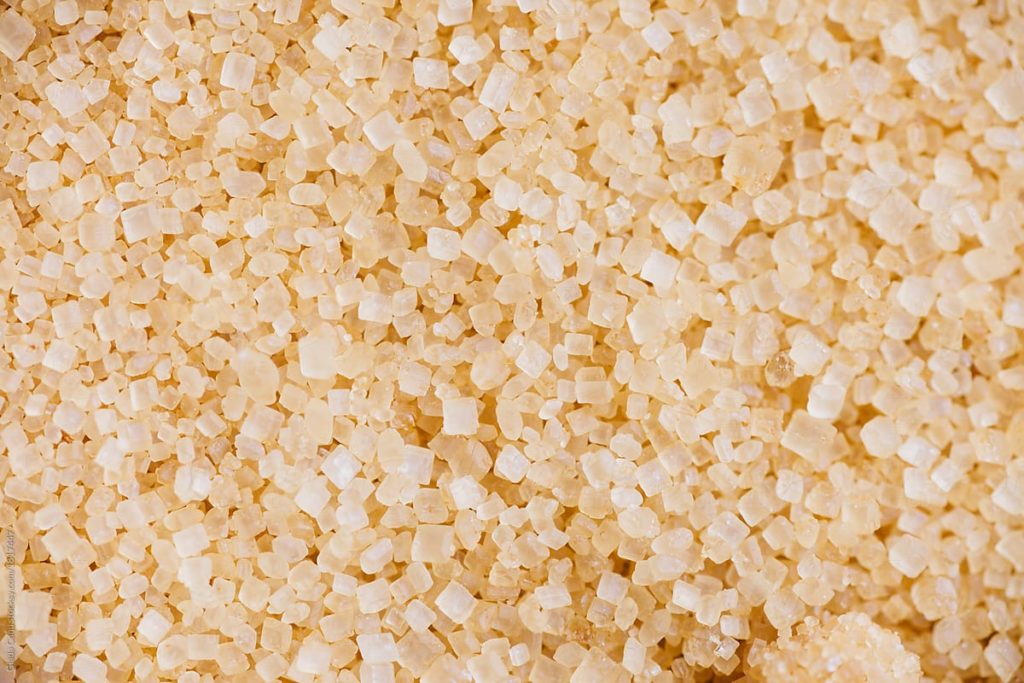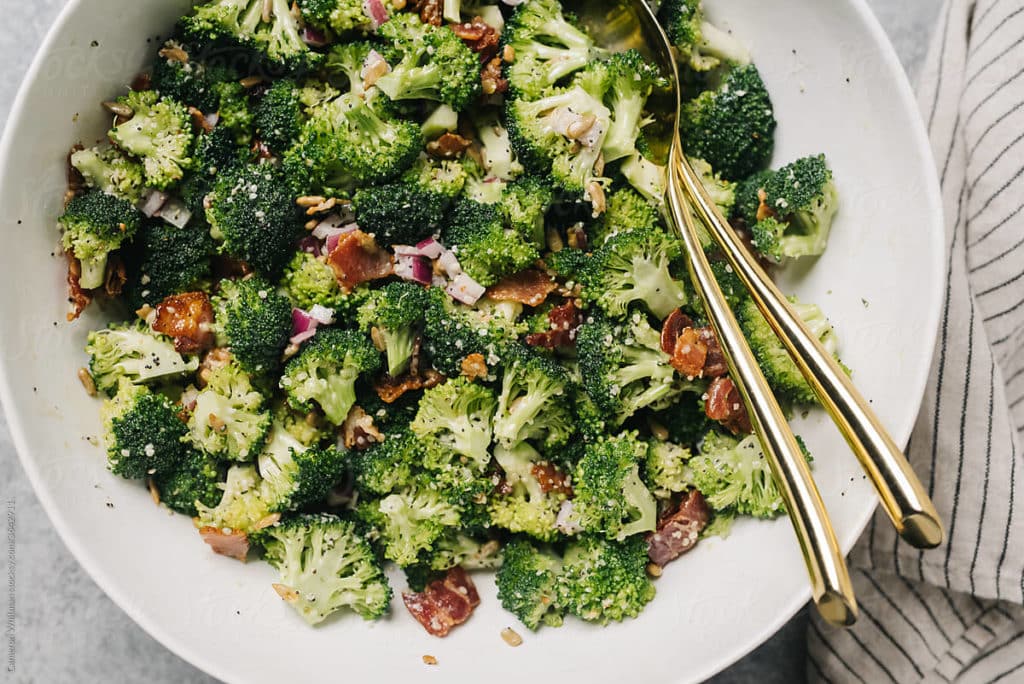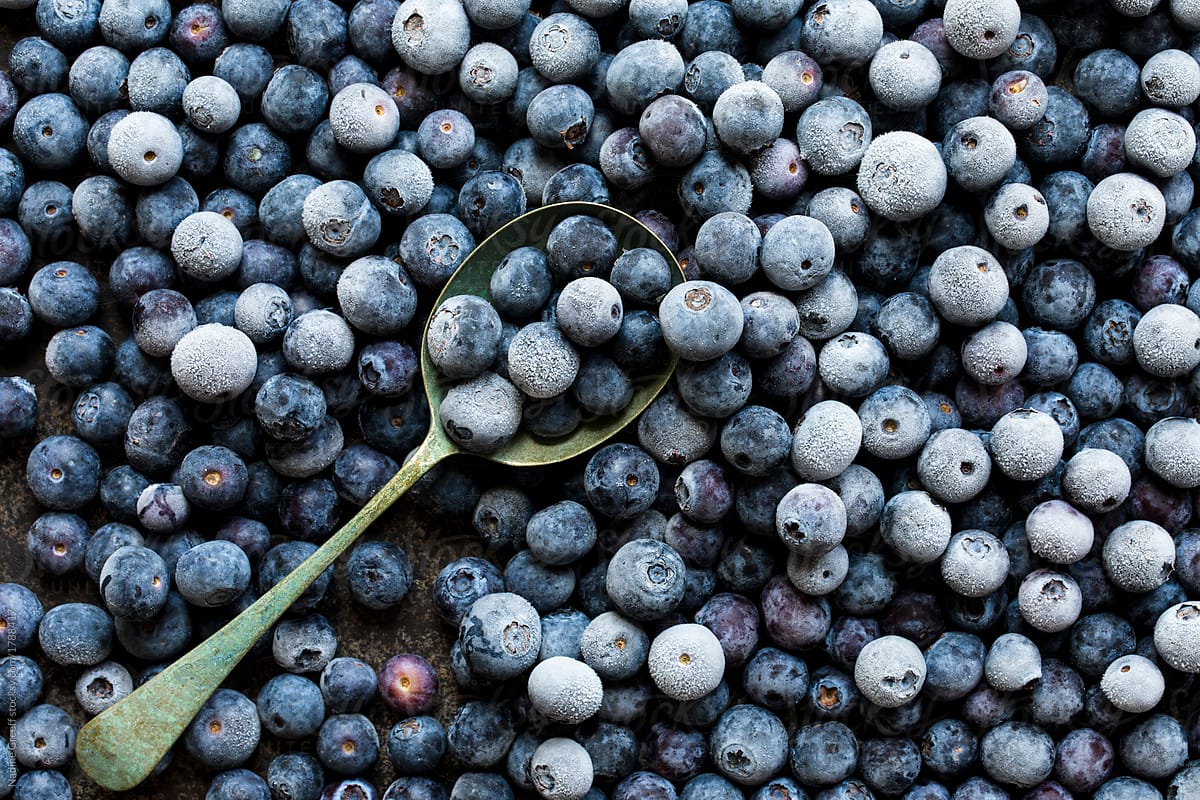Inflammation is the body’s natural response to injury and infection. Without the natural inflammatory response, we would not fair very well!
When inflammation occurs, immune molecules are recruited to the site of injury or invasion to release other immune cells (cytokines, hormones, and white blood cells). These immune cells help repair and restore the body to optimal, healthy function.
However, inflammation can also cause harm.
If the inflammatory response is stimulated too much and for too long, chronic inflammation occurs. During prolonged inflammation, the balance between oxidants and antioxidants is thrown off causing oxidative stress. Oxidative stress promotes the release of more inflammatory molecules. These reactive oxygen molecules damage proteins, cells, and DNA, which increases the risk of diseases and cancers.
This inflammatory response is thought to contribute to the progression of HPV infections to cervical cancers.
Inflammation and cervical health
We know that the immune system is a key factor in regressing HPV infections.
Studies have found inflammatory molecules assist the virus to integrate and proliferate into an individual’s tissues. This means that the more inflammation present, the easier it is for viruses to infect our tissues. Inflammation leaves our cells more vulnerable to further damage.
HPV itself also drives inflammation. The viral particles produced by the HPV (E6, and E7) are also inflammatory and drive more inflammation which further decreases the level of antioxidants, our main weapons against oxidative damage. Together these processes allow HPV to persist.
What increases inflammation?
Chronic inflammation is caused by multiple factors. Some factors we have little control over like infections and injury. Other factors are lifestyle-based like diet, nutrient levels, environmental toxins, stress, and lack of sleep. Fortunately, we do have some control over these factors.

How to tame the flame
Eliminate inflammatory triggers
Reducing exposure to known inflammatory triggers like smoking and alcohol is number one in lowering our overall load. Processed foods, refined sugar, and hydrogenated oils can also be pro-inflammatory. We also know smoking increases the risk of HPV and cervical cancer.
Fuel up on antioxidants
Antioxidants are some of our best sources of inflammation-fighting molecules. Obtaining antioxidants is best done through the diet. With 80 percent of the immune system located in the gut, so what we put into our bodies in the form of food directly interacts with the immune system. Plant-based whole foods offer our greatest source of antioxidants. Aim for 8-10 servings of colorful fruits and vegetables each day. Rotate your veggies often to optimize the unique nutrients and antioxidants in different plant foods.
Supplementation can also play a role in supplying antioxidants. By consuming a greater ratio of antioxidants, we can reduce chronic inflammation. Studies find intake of antioxidants like vitamin A, vitamin E, and vitamin C can neutralize free radicals and are associated with a preventative effect on cervical cancer.
The star players
Some antioxidants have potent disease-fighting properties than others. Our favorites include
Glutathione
Glutathione is best known for its powerful antioxidant activities. The compound is composed of three naturally occurring amino acids, cysteine, glutamic acid, and glycine.
Glutathione can help repair cellular damage caused by oxidative stress and supports the liver in detoxifying hormones and toxins. Studies have found glutathione levels to be low in individuals with cervical cell changes. We can support the body’s natural production of glutathione through supplementing NAC, a natural form of cysteine. Vitamin C, methyl folate, selenium, and curcumin also support glutathione production.
Green tea extract
Green tea contains powerful polyphenols, called EGCG, that have been found to play a role in regressing HPV infections. The antioxidants in EGCG inhibit the cell changes that occur in cervical cancer.
Several studies have found supplementing green tea extract has anti-viral and anti-infective effect that stimulates the immune system. The compound can also be used topically to clear genital warts. To obtain the therapeutic amount of green tea extract, drinking a cup of green tea isn’t enough. Supplementing offers a much stronger dose. We recommend taking 300-600 mg a day.

Indole-3-Carbinol (I3C) and diindolylmethane (DIM)
I3C and DIM are superfood antioxidants found in the broccoli family. 3C and DIM are produced in the stomach after consuming cruciferous vegetables. The compounds have been found to help naturally support and repair DNA damage and reduce the risk of cancer.
One study evaluated oral DIM treatment in individuals with CIN 2 or 3 cervical lesions scheduled for LEEP procedure. Those in the treatment group took 2 mg/kg/day of DIM for 12 weeks. The placebo took a rice bran pill for 12 weeks. At the 6 months follow-up of the study, 84% of the treatment group had improved findings on colposcopy and 85% didn’t require a LEEP. However, no statistical significance was found between the treatment and placebo.
While it is unclear if DIM treatment alone can clear HPV, its powerful antioxidant capabilities in combination with other nutrients and support can contribute to our overall HPV defense.
Medicinal mushrooms
Medicinal mushrooms are another natural compound that has been used for centuries to support the immune system and inflammatory processes. Mushrooms contain active compounds called polysaccharides.
These compounds can inhibit chronically elevated inflammatory molecules like IL-6, prostaglandins, and leukotrienes. Glucans are a type of polysaccharide that stimulates the production of immune molecules like natural killer cells and cytokines. These cells help the immune system clear away unwanted invaders.
Reishi mushroom is commonly used for immune support. It has been found to have anti-inflammatory properties in melanoma and breast cancers. Active Hexose Correlated Compound or AHCC is another mushroom extract that contains a high level of alpha and beta-glucans that modulate the immune system. AHCC has been found to support immune support in cancers and viral infections.





